| As someone who spends more time with fictional characters than with flesh-and-blood people, I’m sometimes at risk of embarrassing myself in real-life interactions. Especially when it gets to the level of gossip; it’s not that I’m not interested, or don’t have anything to contribute, but that the anecdote I’m bursting to share is about some fictional character, and some people find that a little odd. |
Welcome
I started this blog in 2013 to share my reflections on reading, writing and psychology, along with my journey to become a published novelist. I soon graduated to about twenty book reviews a month and a weekly 99-word story. Ten years later, I've transferred my writing / publication updates to my new website but will continue here with occasional reviews and flash fiction pieces, and maybe the odd personal post.
|
16 Comments
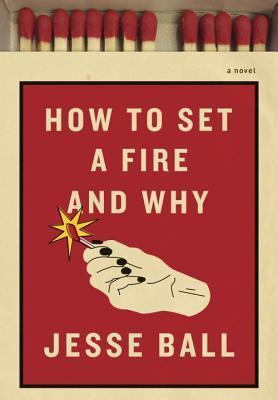 Fourteen-year-old Lucia Stanton lives with her elderly aunt in a converted garage in the grounds of a large house. With her deceased father’s zippo lighter in her pocket, she rides the bus to visit the mother who doesn’t recognise her in a psychiatric hospital, after which she goes to a bar to get drunk. Intelligent and nonconformist, Lucia adheres to a strict moral code; unfortunately it differs widely from the one followed by teachers and the cool kids at school. She hasn’t considered setting fires until, in detention one evening, she hears some students refer to a secret Arson Club. It’s not unusual for a novel to tell a story from different viewpoints, or from the same point-of-view character at different points and/or places of their lives. Some writers take this a stage further, structuring their novels as a series of related but stand-alone short stories, gradually building up to a whole. Examples among my reviews are This Beautiful, The Green Road, Sophie Stark, Prosperity Drive and Vertigo. Now I’ve found a couple more, in which the disparate narratives combine to create a sense of place.
What does the working-class child aspire to? In my case, I couldn’t dream of joining a middle-class profession I’d never heard of. Nor, even though I was addicted to writing from the start, did I believe that someone like me could become an author. Books never seemed to be based in the places with which I was familiar: they were set in boarding schools rather than comprehensives; in country houses rather than a small semi-detached; in cities rather than small industrial towns. So how could I resist a novel set in my birthplace, the small northern town from which my odd accent derives? As if that weren’t enough, I’m offered a novel set where my parents grew up, a similar down-at-heel out-of-the-way place where I had my first restaurant meal. Sixty miles separates these two towns, as well as some breath-taking countryside, as depicted in The Wolf Border, one of my favourite reads from last year. But Workington and Barrow don’t have the beauty of the Lake District. Thanks to Vintage Books and Legend Press, I had the chance to discover whether they could nevertheless shine on the page. I’d be interested in your thoughts on using real places as fictional settings.
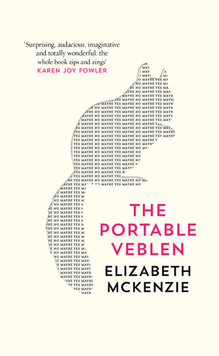 Paul and Veblen are engaged to be married. They’re clearly in love and clearly, with their mismatched attitudes to the world beyond themselves, unsuited for the decades of companionship we hope will follow a wedding. It is obvious from the moment Paul gives her a ring, with a diamond so large it interferes with her obsessional typing. Unlike Veblen, who espouses the anti-capitalist values of her namesake, the economist Thorstein Veblen, Paul is ambitious. A research neurologist, when the pharmaceutical empire Hutmacher offers him the opportunity to begin clinical trials on the device he’s developed to minimise battlefield brain damage, he dismisses his ethical reservations with the word Seropurulent “an ironic superlative they used in med school for terrible things that had to be overlooked” (p62). Raised by hippies, the trappings of the consumerist world spell safety for Paul (p66):
I’m pleased to recommend two California-set novels published this week about the fragility of masculinity, sibling loyalty and the impact on families of the Vietnam war, the first for the generation directly affected and the second for the children of men who served.
|
entertaining fiction about identity, mental health and social justice
Annecdotal is where real life brushes up against the fictional.
Annecdotist is the blogging persona of Anne Goodwin:
reader, writer, slug-slayer, tramper of moors, recovering psychologist, struggling soprano, author of three fiction books. LATEST POSTS HERE
I don't post to a schedule, but average around ten reviews a month (see here for an alphabetical list), some linked to a weekly flash fiction, plus posts on my WIPs and published books. Your comments are welcome any time any where. Get new posts direct to your inbox ...
or click here …
Popular posts
Categories/Tags
All
Archives
March 2024
BLOGGING COMMUNITIES
|
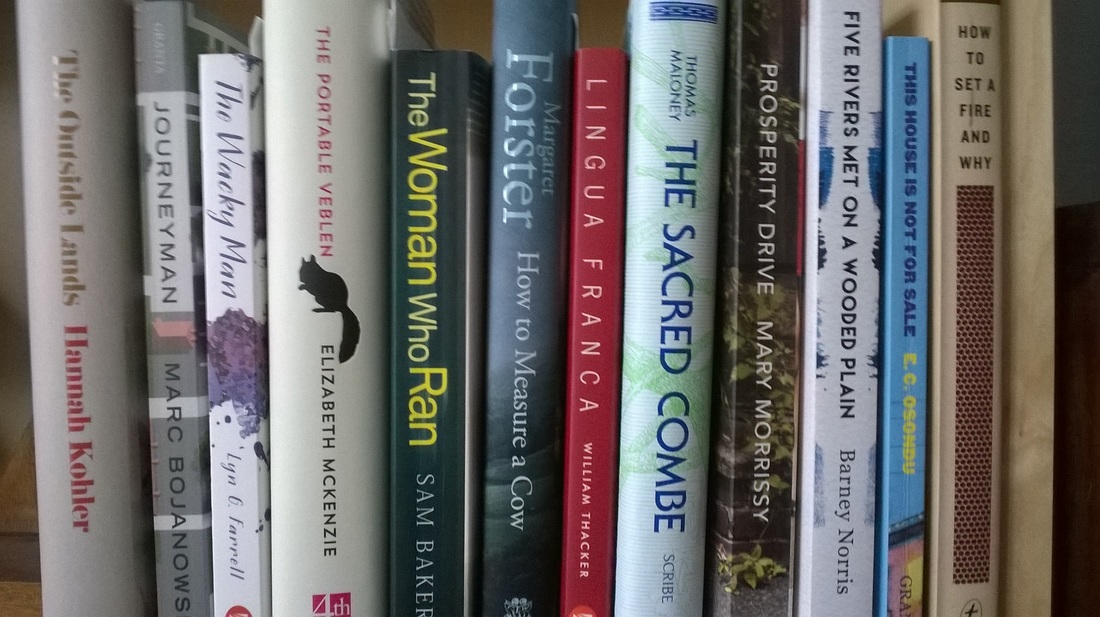
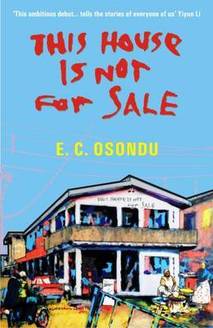
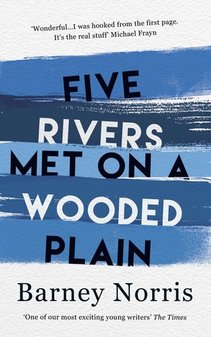
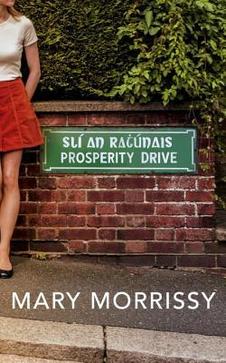

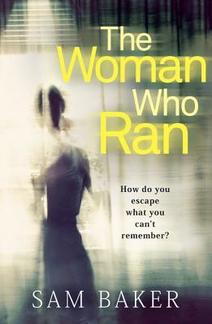


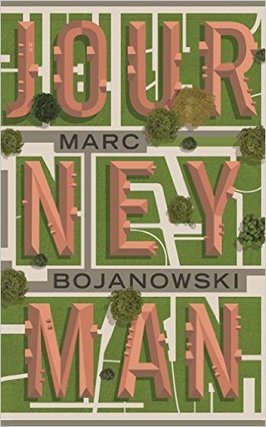





















 RSS Feed
RSS Feed





















